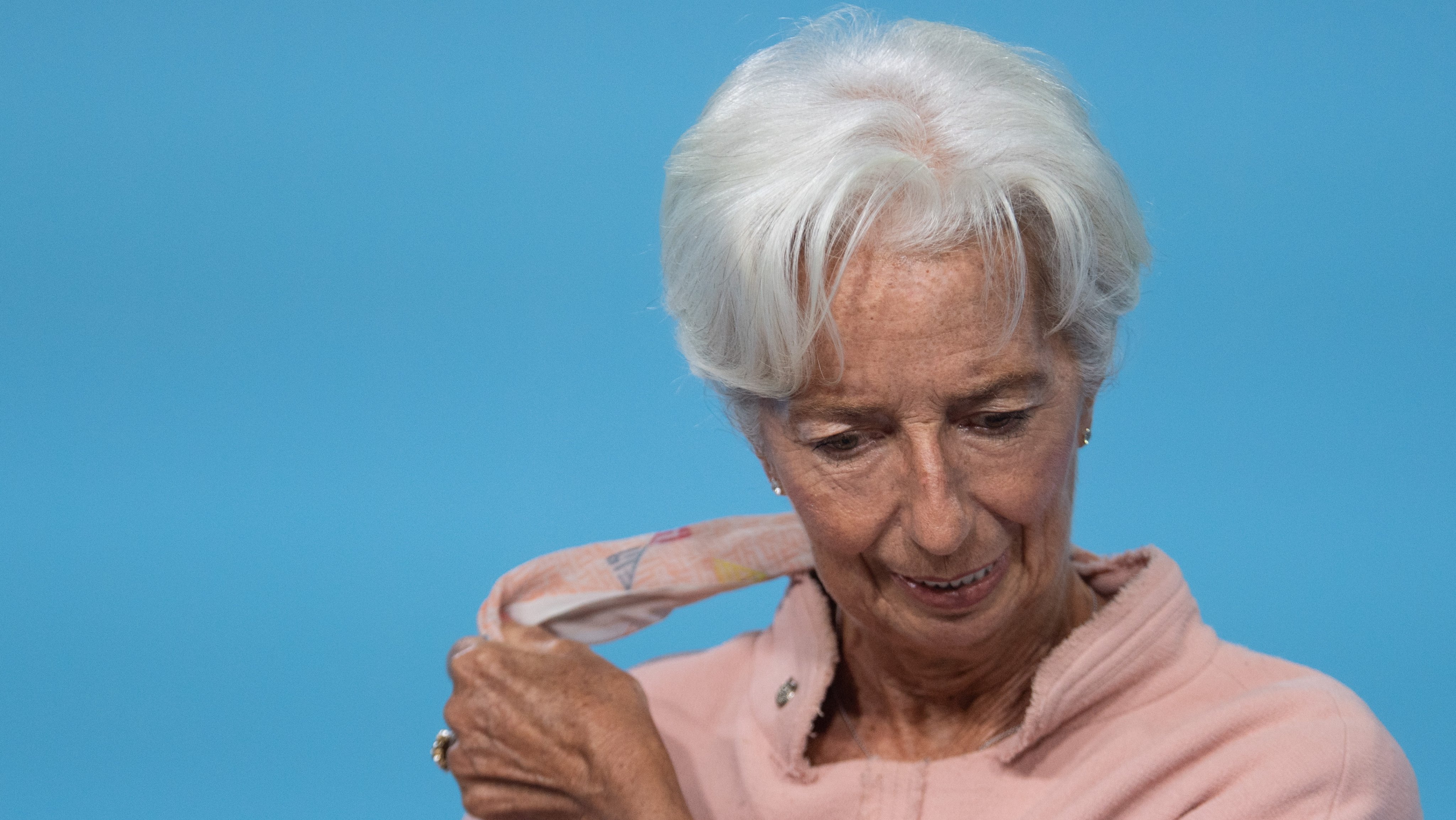The European Central Bank (ECB) is studying ways to prevent the European banking sector from making excessive profits in the coming years, as interest rates rise. An estimate by Morgan Stanley says that, depending on the intensity of interest rate hikes, banks can benefit up to €24 billion simply by depositing in the ECB the pandemic loans that the same central bank gave them (with minimal interest) and recovering higher interest, pocketing the difference.
The Financial Times reports on Monday that as it prepares for the first interest rate hike since 2011 – to be announced on July 21 – the ECB is planning ways to technically prevent banks from earning higher rates if they deposit the liquidity they have obtained at subsidized rates at the central bank
they are in cause €2.2 billion in total, in loans that the ECB made at the height of the pandemic and that were intended to ensure liquidity at ultra-low interest rates and thus contribute to more credit reaching economies. The risk is that, with the ECB’s announcement that it will raise reference rates in the coming months (including the so-called deposit fee), banks can reinvest this liquidity in the central bank, pocketing a favorable interest rate difference.
Investment bank Morgan Stanley has calculated that these The “excess profits” can range between 4,000 and 24,000 million euros, potentially depending on the rate at which interest rates rise in coming quarters. Some of these loans were granted at a rate of -1%, that is, the ECB actually paid the banks to accept this liquidity, on the condition that they did not reduce the loan portfolio. In contrast, the deposit rate is at -0.5% but is expected to break out of negative territory by September.
According to one of the three sources cited by the Financial Times, the ECB recognizes that it would be politically unacceptable for banks to take advantage of this “arbitrage” provided by the central bank, profiting from the difference in interest between the loans obtained and the deposits made. at the ECB. These excessive profits could then, in theory, support the income of financial institutions, paying higher bonuses to executives and doling out more dividends to shareholders, a scenario that the ECB wants to avoid.
Source: Observadora
